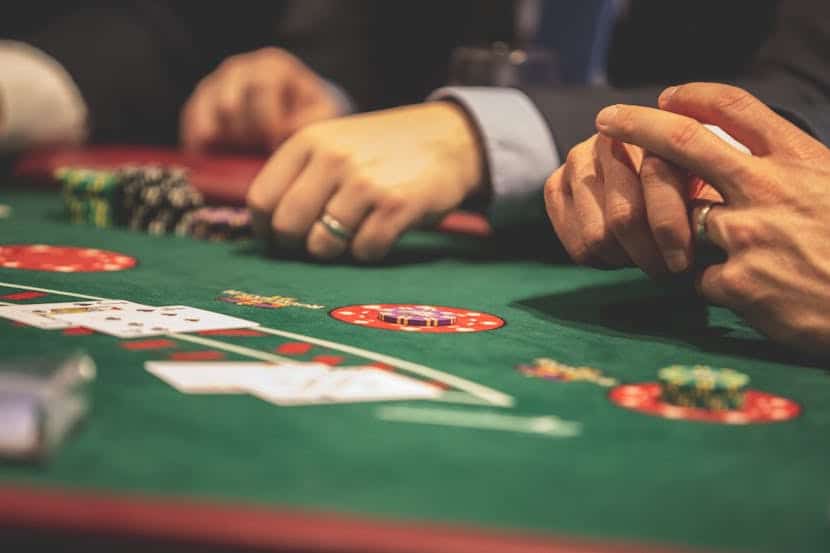Macau casinos performed poorly during the Lunar New Year, with declining gaming revenue and concerning tourist trends. Analysts point out that despite an increase in visitor numbers, the casino industry has failed to recover.
February 9, 2025, Macau—The world-renowned casinos in Macau faced an unexpected blow during the Lunar New Year period, raising widespread concerns over gaming revenue and tourist trends. Although the number of tourists increased during the holiday, the daily total gross gaming revenue (GGR) reached only 780 million Macanese patacas (approximately 97.3 million USD), marking a 1% decline compared to last year. Even more concerning, this figure represents a staggering 8% drop when compared to the pre-pandemic levels of 2019.

According to data from the Harbour Research Partners, a total of 1.31 million visitors arrived in Macau during the holiday period from January 28 to February 4, averaging 163,700 visitors per day, which is a 3.5% decrease from last year. This data reflects that although the overall travel industry is recovering, nearing 95% of pre-pandemic levels, Macau’s casino sector has failed to benefit from this rebound.
Analyst Vitaly Umansky noted that while the GGR per visitor increased to 593 USD compared to last year, it still fell by 3% when compared to 2019. Despite a slight improvement in high-end gaming activities, mass market gaming revenue has not met expectations. Umansky further warned that the spending data per visitor may be misleading, especially during the holiday period when Macau attracted many non-gaming tourists primarily interested in experiencing local cultural festivities rather than gambling. This phenomenon has exacerbated the poor performance of the casino industry.
The casino sector in Macau is facing increasing pressure, as lower-than-expected gaming revenue serves as a warning signal not only for the casinos but also as a concerning indicator for Macau’s overall economy. The economy of Macau heavily relies on gaming revenue to sustain its tourism and travel industries, including the gambling market. Although travel experts remain cautiously optimistic about the future, predicting that total GGR will reach 242 billion Macanese patacas in 2025, analysts forecast that this year’s Lunar New Year holiday will contribute around 2.6% to annual revenue, down from 2.7% in 2024. In this context, industry leaders are beginning to reassess market strategies, hoping to achieve revenue growth in the coming months.
Amidst the uncertainties in the Chinese economy, Macau’s tourism and travel industry is also struggling. Despite the gradual easing of international travel restrictions and an increase in international flight numbers, consumer spending remains unpredictable, affecting both tourism and gaming sectors. Facing growing competition from emerging gaming centers in Southeast Asia, Macau’s luxury casinos must work harder to maintain their appeal. Destinations like Singapore and the Philippines are attracting more high-stakes gamblers through modern resorts and relaxed gaming regulations, undoubtedly diverting business away from Macau.
Looking ahead, executives in the travel and casino sectors are actively seeking strategies to revitalize growth. Industry leaders unanimously agree that relying solely on gaming revenue can no longer support future expansion; they must go beyond traditional gaming models and seek diversified attractions, including cultural tourism, entertainment events, and luxury hotel experiences. While affluent Chinese travelers still crave high-end travel experiences, whether Macau can adapt to rapidly changing consumer preferences will directly determine its ability to reclaim its dominant position in the casino and tourism industries. As global travel trends evolve rapidly, Macau’s success will depend on its ability to attract a new generation of visitors and how it redefines its traditional gaming and gambling identity.






















